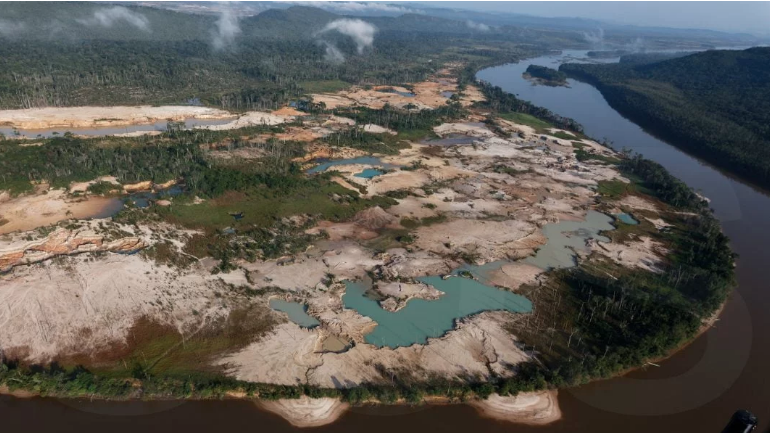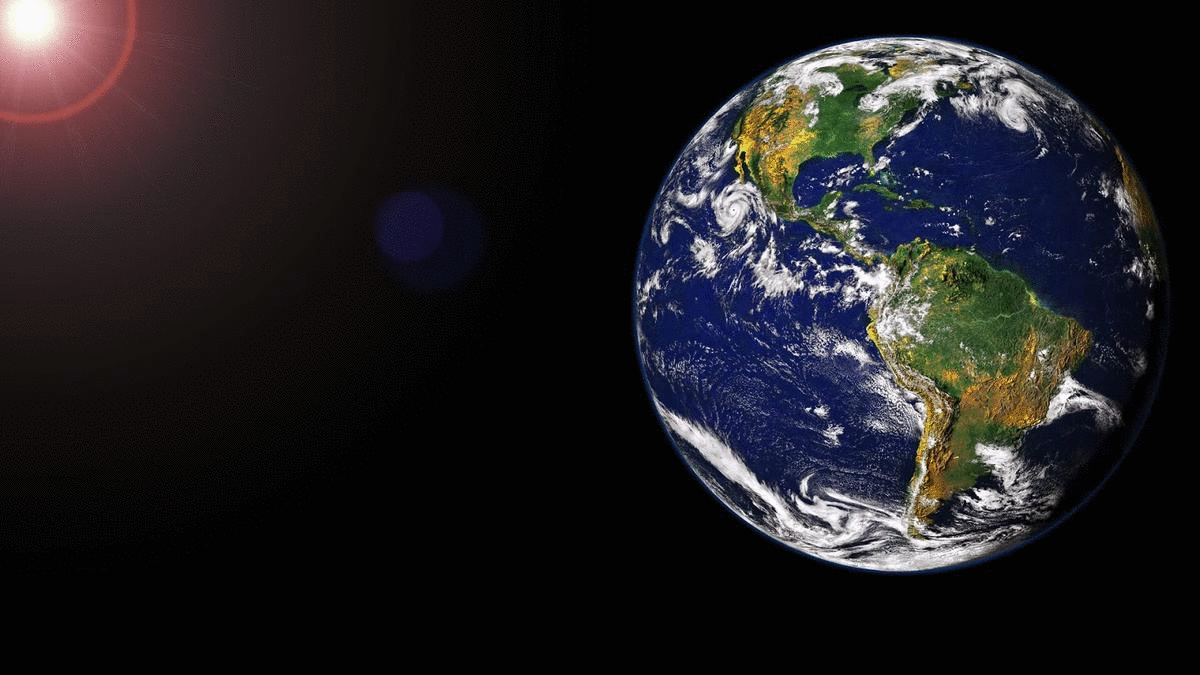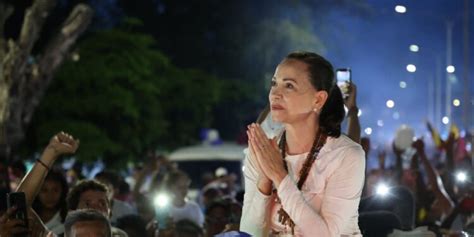
Retrieved from Observatorio de Ecología Política de Venezuela
Venezuela is facing serious and wide-ranging environmental issues that have been largely unaddressed for the past decade. These issues include illegal mining in the Amazon, national water shortages, climate change-induced mudslides and flooding, degradation of protected areas, oil spills, and human rights violations against Indigenous communities. The government institutions responsible for tackling these problems either lack the necessary funding or turn a blind eye to their responsibilities, leading to a highly urgent situation in Latin America.
The Venezuelan Observatory for Political Ecology (OEP) highlights that the socio-environmental crisis in Venezuela continues to be ignored by political and economic decision-makers despite its obvious nature. The lack of transparency in the government further complicates the understanding of the extent of the environmental problems. Local NGOs, journalists, and scientists have attempted to shed light on the situation.
Oil spills have become more frequent in Venezuela, with the government failing to take appropriate action. Chevron was granted a license to operate and export oil from state-owned facilities, but increased production has put additional strain on the already deteriorating infrastructure. Lack of oversight and transparency exacerbate the problem, forcing researchers to rely on social media, satellite imagery, and testimonies to track spills.
Mining activities, particularly gold mining, are causing severe deforestation in Venezuela’s rainforests. Despite international criticism, the government emphasizes the importance of the mining industry without conducting environmental impact studies or consulting Indigenous communities. The majority of mining activity is illegal, and the destruction of forests, accompanied by threats and attacks on Indigenous communities, is a significant concern.
Deforestation in Venezuela is not limited to mining but also includes unregulated cattle ranching, farming, and timber trafficking. Scarcity of natural gas has led to the use of charcoal as a cooking fuel, resulting in the cutting down of forests. The wealthy elite’s unregulated tourism in national parks and coastal areas further degrades protected areas.
Venezuela’s waste management system is collapsing, with insufficient infrastructure and maintenance to handle the growing waste production. Trash often ends up in open-air dumps, contaminating rivers and ecosystems. Potable water is also becoming increasingly scarce, with a significant portion of the population exposed to contaminated drinking water and forced to use recycled water due to shortages.
Climate change exacerbates all of Venezuela’s environmental problems, leading to extreme weather events, such as mudslides and flooding, and causing displacement and destruction of farmland. The most vulnerable populations, particularly those in poverty, are disproportionately affected by these environmental challenges.
Overall, Venezuela is facing a dire environmental crisis, characterized by a lack of government action, insufficient funding, and a disregard for the rights and well-being of Indigenous communities. Urgent measures are necessary to address these issues and protect the country’s natural resources and vulnerable populations. Full article by Maxwell Radwin -> Mongabay





More Stories
El estado v enezolano promueve un ecocidio
Fighting to save Venezuela’s Orinoco Crocodile
Explotación ilegal en minas de níquel causa la tragedia en Tejerías